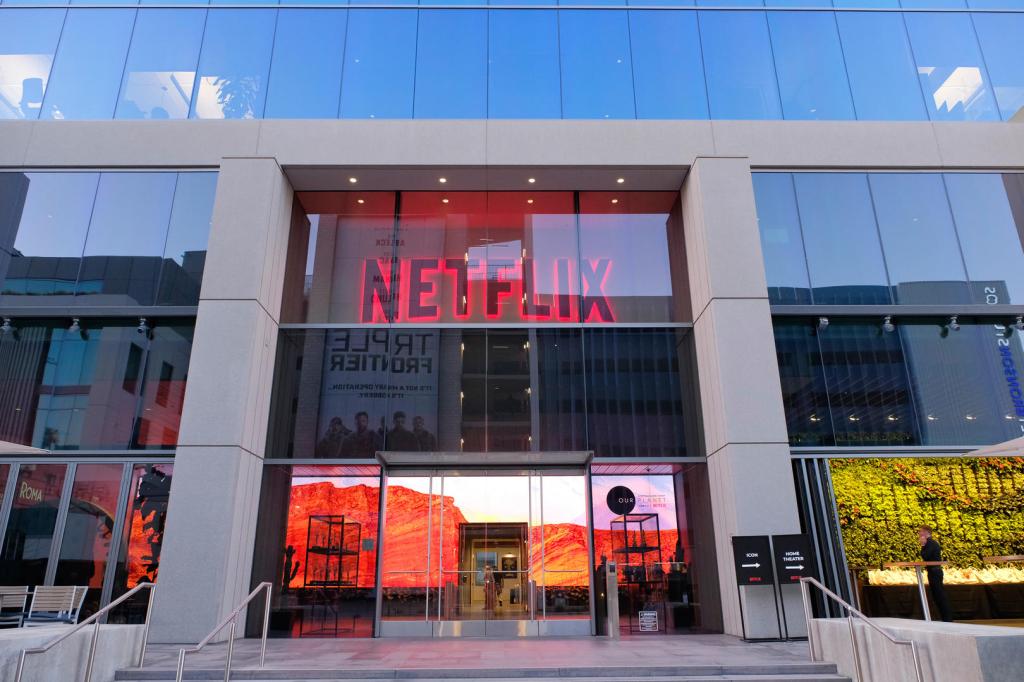After the stunning success of “Squid Game” in 2021, Netflix is doubling down on South Korea in hopes of another home run out of the country’s entertainment industry. The U.S. streaming giant said Tuesday that it plans to invest $2.5 billion in South Korea over the next four years to produce TV series, movies and reality shows out of the country, both for Korean audiences but also to export across its wider global footprint.
The announcement was made to coincide with a meeting between South Korean President Yoon SukYeol — who is making a state visit to the U.S. — and Netflix co-CEO Ted Sarandos in Washington.
“We were able to make this decision because we have great confidence that the Korean creative industry will continue to tell great stories,” Sarandos said in a speech Monday. “We were also inspired by the president’s love and strong support for the Korean entertainment industry and fueling the Korean wave.”
South Korean entertainment, from music through to film and TV, has proven to be a huge hit with audiences further afield. Squid Game was one of Netflix’s most successful forays into original content to date, with viewers from across 142 million households globally; even two years on from its debut, it remains one of its most popular series of all time.
In Korea itself, the show’s popularity was so high that it earned Netflix the dubious distinction of picking up a lawsuit from one of the country’s biggest broadband providers for the spike in traffic (and subsequent related costs).
“Squid Game” is not alone when it comes to TV shows that resonate with larger, global audiences. Others include “The Glory,” and the reality show “Physical: 100,” which earlier this year became one of the most-watched in non-English language shows globally.
Netflix has introduced more than 80 Korean films and series and “spent about $700 million on Korean content” between the years 2015 and 2020, according to Netflix’s VP of Public Policy, Dean Garfield, speaking in Seoul during his visit to South Korea in 2021.
The $2.5 billion commitment, if followed through, will average out to $625 million annually for the next four years, a bump up on Netflix’s previous budget. In 2021, the U.S. streaming behemoth committed $500 million to produce original movies and TV shows in South Korea.
Like other regions worldwide, in Asia, Netflix competes with peers such as Amazon, Disney, Hulu and Apple TV as well as a host of more regional players across the 190 countries where it currently operates.
Netflix’s shift to original content comes at a time when a number of its competitors are pulling titles away from Netflix to boost their own services. This, in turn, has led Netflix to focus even more on original content and a host of other approaches — including ad-supported free usage and launching games — to attract more users and usage.
The ad-supported tier is not only meant to build out its user numbers enticed by the allure of free services but to attract a new revenue stream in the form of ad sales. Launched in November last year, the company now offers Basic with Ad services in the U.S., Europe (the U.K., France, Germany and Italy) and Asia (Japan, Australia and South Korea).
Indeed, Netflix is offering plenty of carrots, but also sticks, to improving its revenues and profit margins. Last week, Netflix said it plans to crack down on password sharing starting in the coming months.






























Comment